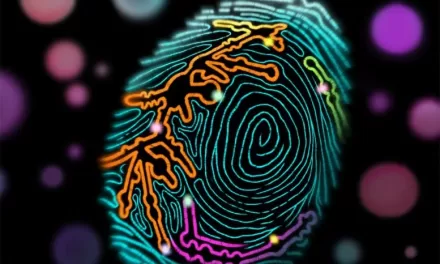A recent study published in Alcohol: Clinical and Experimental Research has revealed a fascinating link between self-consciousness and binge drinking behaviors in young adults. The research shows that individuals who are more self-conscious in their late teens and early twenties tend to binge drink more frequently. However, as they age, their binge drinking habits significantly decrease.
Led by Jiaxu Han, a doctoral student from the University of Illinois at Urbana-Champaign, the study suggests that self-conscious individuals may be more sensitive to societal expectations and norms. This sensitivity could drive them to engage in heavier drinking during their younger years, when binge drinking is more common. As they grow older and societal expectations evolve, they tend to drink less, the study notes.
To conduct the study, researchers recruited nearly 250 participants in their twenties who regularly consumed alcohol. These participants were asked to complete a series of questionnaires designed to evaluate their drinking behaviors. Additionally, the study involved an experiment where participants consumed a cocktail consisting of soda and 100-proof vodka, bringing their blood alcohol level to 0.08%, which is the threshold for binge drinking.
Afterward, participants took part in video call conversations—first with a friend, followed by a stranger. During these chats, half of the video screen showed the participant’s own face, while the other half displayed the other person’s face. Researchers tracked the participants’ eye movements to determine how much time they spent looking at themselves compared to the other person in the conversation.
The results revealed a significant correlation: the more self-focused a participant was, the more likely they were to report binge drinking. Specifically, for every 1% increase in time spent looking at themselves, there was a 1.3% increase in their reported binge drinking days. Conversely, a 1% decrease in time spent looking at the other person was associated with a 1.1% decrease in binge drinking days.
However, the study also found that as the participants aged, those who exhibited higher levels of self-consciousness in their eye movements saw a significant decrease in binge drinking. On average, those with more self-focused eye movements experienced a more than 50% reduction in binge drinking days per year, compared to a less than 40% reduction for all participants.
Despite these findings, researchers caution that it remains unclear whether binge drinking causes self-consciousness, or if self-consciousness leads to higher drinking rates. The study speculates that heavy drinking during young adulthood could contribute to other issues like anxiety and depression, which may also play a role in self-consciousness.
This research provides valuable insights into the relationship between social awareness and drinking behaviors. As norms surrounding drinking evolve with age, so too does the tendency to binge drink—particularly among those most sensitive to social pressures. Further studies are needed to clarify the precise nature of these links and explore how they may inform strategies for preventing binge drinking among young adults.
For more information on binge drinking and its effects, visit the National Institute on Alcohol Abuse and Alcoholism.
Source: Jiaxu Han et al, “Examining social attention as a predictor of problem drinking behavior: A longitudinal study using eye‐tracking,” Alcohol: Clinical and Experimental Research (2024). DOI: 10.1111/acer.15490











